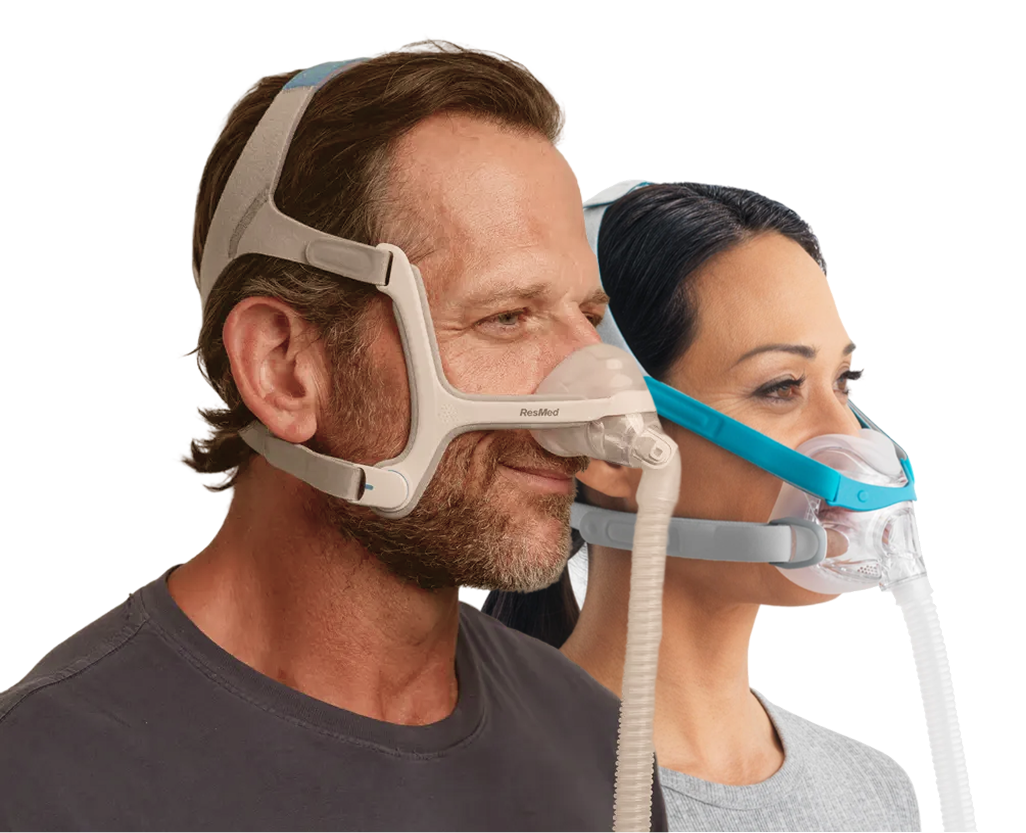Hello food and sleep lovers! You've probably heard that a warm glass of milk can help you sleep. Or perhaps you've been warned against the perils of late-night snacking. But how much does your diet in sleep quality really impact your sleep? Spoiler alert: quite a lot! Let's chow down on the role of diet in sleep quality.
The Diet-Sleep Connection: It's Real
Your body works like a well-oiled machine, with food serving as the fuel that powers your daily activities. But what happens when the sun goes down? That's right; your body switches to "sleep mode." But the quality of your sleep can be significantly influenced by what you put into your body during the day.
How diet affect on your sleep
The foods and drinks you consume have a substantial impact on the quality of your sleep. Here's how:
1. Certain Nutrients Can Promote Sleep
Some foods contain sleep-promoting nutrients like tryptophan, magnesium, and melatonin.
- Tryptophan is an amino acid that the body converts into serotonin, a neurotransmitter that helps regulate sleep. If you want to know more about how sleep can influence your self-consciousness, you can read more about Sleep and Self-Consciousness. Foods high in tryptophan include turkey, eggs, cheese, fish, and nuts.
- Magnesium is a mineral involved in hundreds of processes in the human body, including sending signals in the nervous system. Deficiency in magnesium has been linked to insomnia and other sleep disorders. Foods high in magnesium include green leafy vegetables, legumes, and nuts.
- Melatonin is a hormone that tells your brain when it's time to sleep. Some foods naturally contain melatonin, including cherries, nuts, and oats.

2. Caffeine and Alcohol Can Disrupt Sleep
- Caffeine is a stimulant and can make it hard for you to fall asleep. It can also lead to lighter and less satisfying sleep. Beverages like coffee, certain teas, and sodas contain caffeine.
- While alcohol might make you feel sleepy initially, it actually disrupts the sleep cycle and can lead to fragmented sleep.

3. Heavy or Spicy Foods Can Cause Discomfort
Eating a large or spicy meal close to bedtime can lead to discomfort from indigestion that can make it hard to sleep. It's recommended to avoid large meals within a couple of hours of bedtime.
4. Hydration Matters
Hydration is important for your overall health, but it's a balance for sleep. Drinking lots of fluids before bed might cause frequent awakenings for bathroom breaks.
5. Timing of Eating
Eating patterns also impact sleep. Going to bed too hungry or too full can lead to discomfort and potential sleep disruptions.
Balance between eating and sleeping
Balancing your eating habits with your sleep schedule doesn't have to involve a strict or complicated diet. Here are some simple and practical tips:

1. Have a Consistent Eating Schedule
Your body appreciates routine. Eating your meals and snacks around the same time each day can help regulate your body's internal clock, making it easier to fall asleep and wake up at the desired times.
2. Avoid Large Meals Before Bed
Try to finish eating 2-3 hours before your bedtime to avoid indigestion or heartburn. If you find yourself hungry close to bed, try a light snack that won't upset your stomach.
3. Be Mindful of Potentially Disruptive Foods and Drinks
Certain foods and drinks, can disrupt your sleep, including high-sugar foods, caffeine, and alcohol. If you're sensitive to these, try to limit your intake, especially in the hours leading up to bedtime.
4. Choose Sleep-Inducing Foods
Certain nutrients can promote better sleep. Foods rich in magnesium (like nuts and seeds), tryptophan (like turkey and milk), and melatonin (like cherries and oats) may help you sleep better.
5. Stay Hydrated but Be Mindful
Staying hydrated is crucial for your overall health. Similarly, using a CPAP for good sleep can significantly enhance your sleep quality. However, try not to drink large amounts of fluids close to bedtime to avoid middle-of-the-night bathroom trips.
6. Practice Mindful Eating
Pay attention to what and when you eat. Take the time to enjoy your food, and avoid eating when you're stressed, anxious, or distracted, as this can lead to overeating and potential sleep issues.
Moreover, it is important to consider other factors that may be affecting your sleep quality. If you've been diagnosed with sleep apnea or other sleep-related disorders, using a Continuous Positive Airway Pressure (CPAP) machine can be a significant help. And, if you're worried about the costs, don't fret. You can find quality and affordable CPAP equipment at the CPAP discount warehouse. Their extensive range of sleep aid products will provide you with many options to choose from. The right treatment, along with a balanced diet, can help ensure a good night's rest and lead to improved health and wellness.






